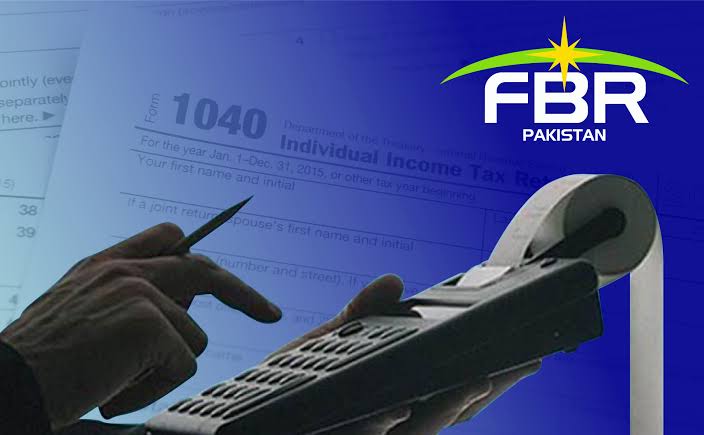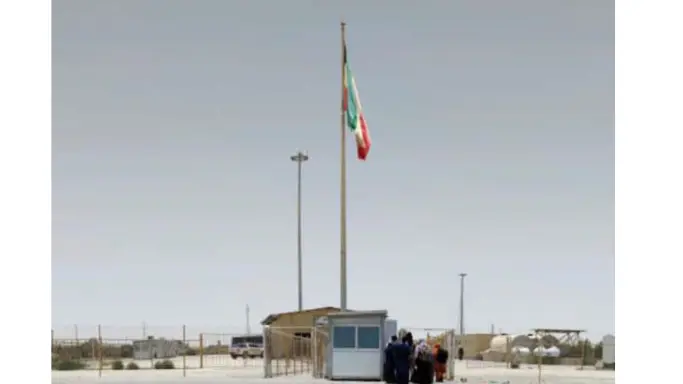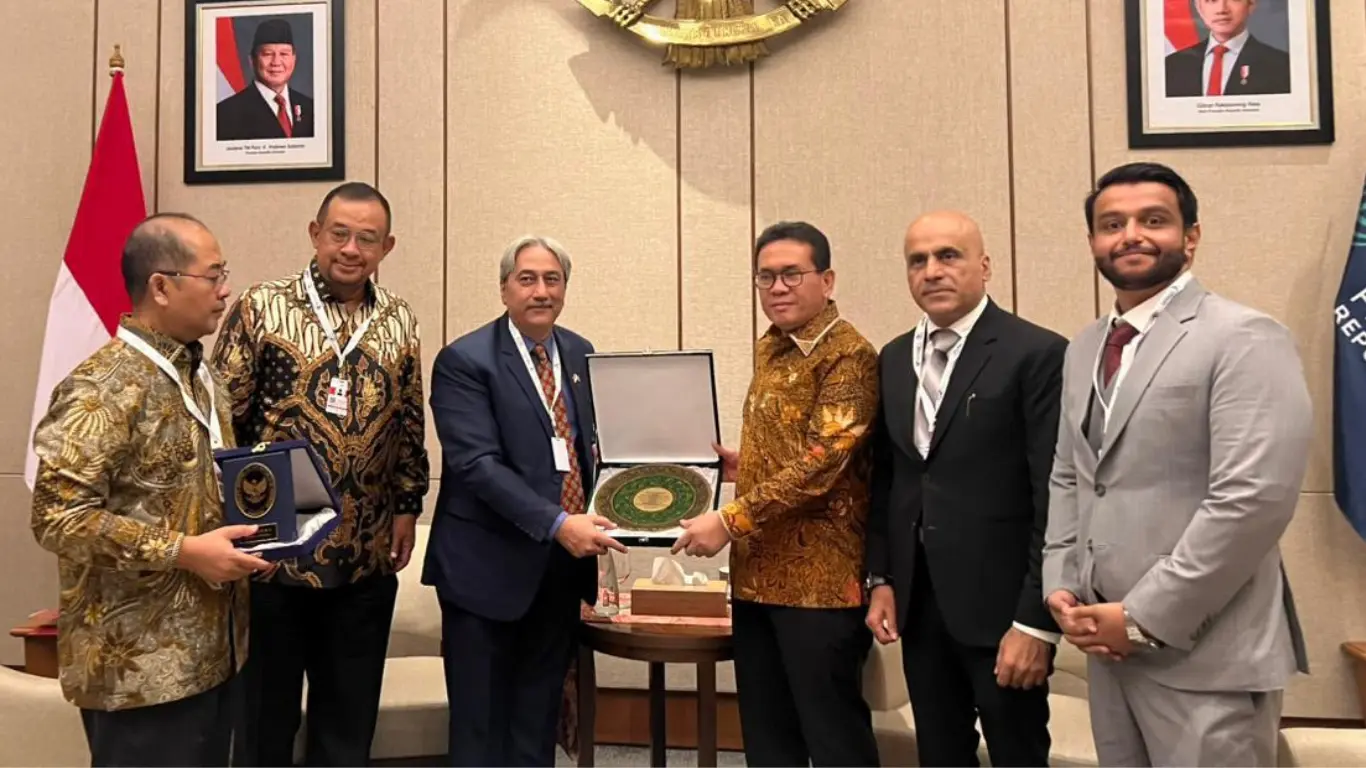
FBR’s New Rule for Cashless Transactions: A Step Toward Financial Transparency
Karachi: The Pakistani government is introducing significant financial reforms aimed at improving business transparency, enhancing financial monitoring, and fostering sustainable economic growth. The latest directives from the Federal Board of Revenue (FBR) focus on transitioning businesses to a cashless transaction system by mandating debit and credit card payments, replacing cash-based dealings.
This policy aligns with Islamabad’s commitment to the International Monetary Fund (IMF) and marks a decisive move toward economic digitization.
Key Changes in the New FBR Rule
Under the new regulations, large businesses and tier-one retailers must install point-of-sale (POS) machines connected directly to the FBR’s computerized system. This integration will:
◇ Ensure real-time monitoring of business transactions.
◇ Improve accountability by reducing tax evasion.
◇ Strengthen financial transparency with digital invoicing and records.
Additionally, CCTV surveillance will oversee business operations, ensuring compliance with the new regulations and further reducing the risk of financial misconduct.
Why This Reform Matters
The transition to digital payments is expected to:
● Curb corruption by making transactions traceable.
● Formalize the economy, bringing undocumented businesses into the tax net.
● Improve revenue collection, benefiting national financial stability.
With electronic invoicing stored for six years, authorities will have better access to historical transaction data, making it difficult for businesses to manipulate records. Any attempts to alter or falsify data will lead to strict legal consequences.
The Road Ahead
While the new regulations are a positive step toward economic transparency, businesses will need to adapt to digital systems quickly. Ensuring smooth implementation will require technical support, awareness campaigns, and collaboration between the government and business community.
As Pakistan moves toward a digitally integrated economy, these reforms mark a significant shift in how businesses operate, ultimately promoting financial discipline and sustainable growth.
(Note: Some insights in this article are based on reports from Pakistan Observer.)
Published in The Gwadar Post,







